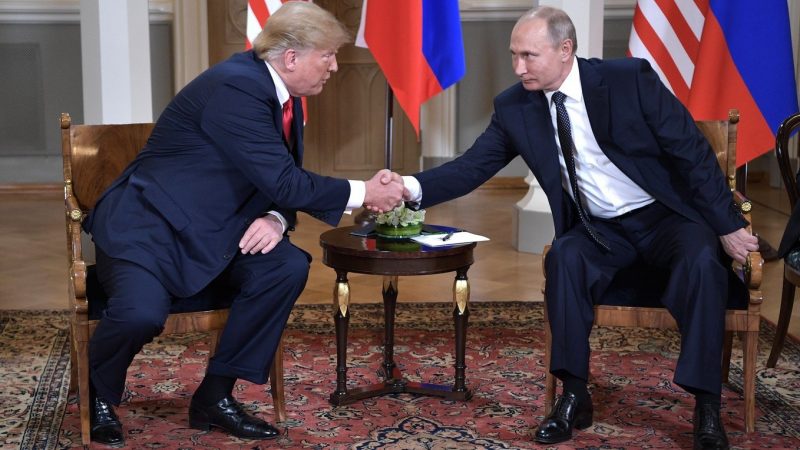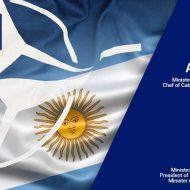Trump and Putin met on the 16th of July in Helsinki. The meeting was held amidst a complex political background: just several days after the NATO summit (where Trump criticized Germany for collaboration with Russia) and his visit to UK, where he tried to establish the new anglo-saxon economical axis, including criticizing Theresa May’s lack of commitment to fulfilling the terms of Brexit negotiations.
Why was this meeting unique?
This meeting could be called historical: Vladimir Putin and Donald Trump have never met in such a format. The leaders have only met twice: during the G20 in Hamburg and at the APEC summit in Vietnam’s Danang in 2017.
It is worth nothing that it was the US who made the initiative, and the dialogue was built on mutual respect. Meanwhile, many US allies were opposed to or afraid of the possible outcomes. There was massive resistance to the meeting among American political elites. A few days before the summit, 12 Russian citizens were formally accused of interfering in the 2016 presidential elections.
Trump:”A productive dialogue is not only good for the United States, and good for Russia, but it is good for the world”
Donald Trump suggested during a NATO Press Conference that Putin is a competitor, but not an enemy. This statement is an excellent indicator of Trump’s general political line: he is an isolationist, and opposed to globalism.
“Somebody was saying, ‘Is he an enemy?’ He’s not my enemy. Is he a friend? No, I don’t know him well enough. But the couple of times that I’ve gotten to meet him, we got along very well … but ultimately, he’s a competitor. He’s representing Russia. I’m representing the United States. It’s not a question of friend or enemy”
The circle of discussion
The leaders discussed a variety of issues: Syria, the Ukraine question, the American elections, denuclearisation, and the future possibilities of US-Russia relations. In regards to Syria, the two heads of state decided on collaboration rather than confrontation. The goal of Russian presence in Syria is to establish peace, and help bring an end to a long and violent war.









Leave a Reply